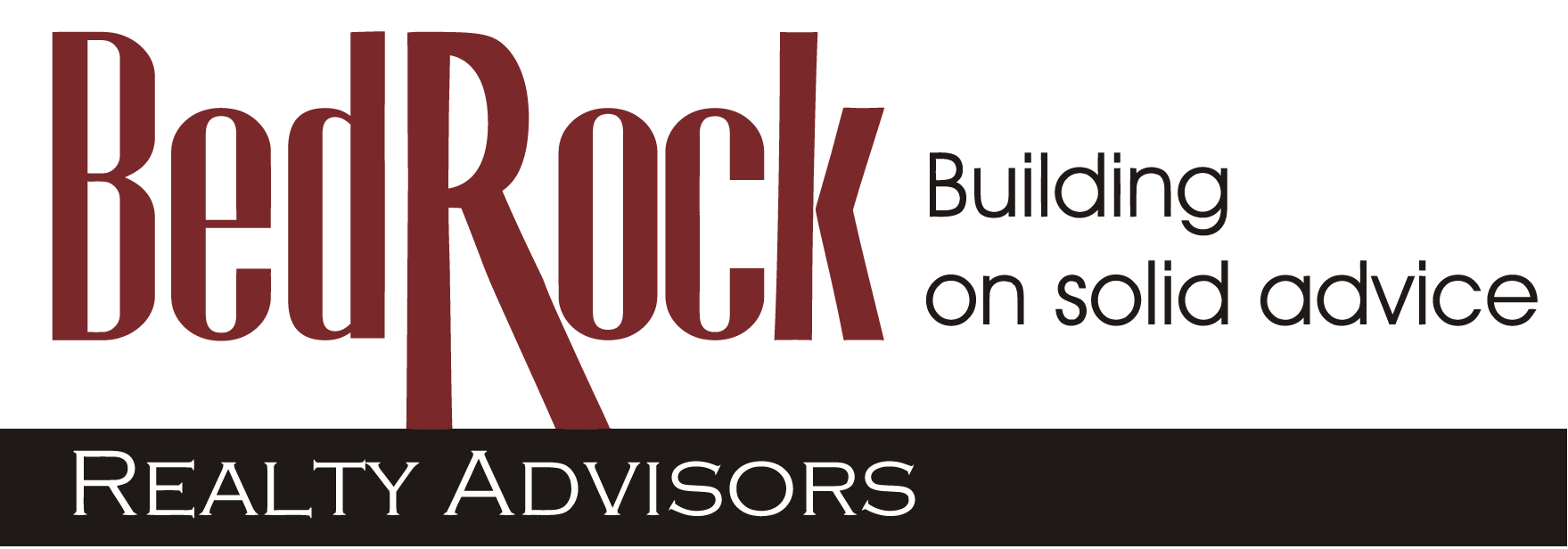
When looking for office space, tenants will regularly come across the words, “operating costs,” as they review and negotiate lease agreements. So, what are these costs exactly? Simply put, building operating costs are the expenses related to the operation and management of the building. The landlord passes on these costs to the tenant based on their proportionate share of occupied space.
Since tenants get these costs tacked on to their lease, it’s good to have an idea of what operating costs can include. Below you will see a list of the most common operating costs for commercial and office space leases.
- Property Tax: Property Tax is determined by the City of Calgary. The formula for this tax is the value assessment of the building by the city, multiplied by the municipal tax rate and the provincial tax rate. The information on the current municipal and provincial tax rate and the current assessed value of your building can be found on the City of Calgary website under “Taxes and Property Assessment.”
- Building Insurance: All buildings have some form of building insurance, although the extent of insurance depends on the extent of protection against risks to property such as fire, theft, third-party liability, etc. Financial institutions that have an interest in the building will have requirements on the building’s insurance coverage.
- Janitorial Services: This includes cleaning of the common areas, including lobbies, washrooms, hallways, and the building’s share of a +15 connection (if it has one) and external maintenance such as window washing, maintenance of parking areas, and snow shoveling. This can also include mat cleaning services and cleaning of the tenant’s individual suite.
- Utilities: This is the building’s consumption of heating, air-conditioning, electricity, water, sewage, etc.
- Security: This includes the building’s security measures, including but not limited to security guard services, amortization of monitoring systems, maintenance of security systems, etc.
- Maintenance: This includes scheduled maintenance to keep mechanical systems in working order, preventive maintenance to upkeep systems before they break down, and actual repairs of the building’s mechanical systems.
- Supplies: This includes shared toiletries, replacement of light bulbs, replacing glass, new carpet in common areas, etc.
- Amortization of Capital Expenditures: This includes new elevator systems, roof repairs, upgrades in the lobby or facade, or other capital expenditures as defined in the lease.
- Property Management: The landlord or property management company will charge their property management fees to the building to coordinate all the services to operate and maintain the building.
Why are Operating Costs Increasing?
Tenants may have noticed operating costs increasing over the past few years, and might be wondering if these increases are fair or not. Below are some of the factors in operation cost increases and some things to consider or look out for when it comes to discussing operating costs as part of your lease negotiations.
- Operating costs normally increase annually, but this should be consistent with inflation. For example, if energy prices escalate these costs will be reflected in higher heating costs, and at a proportionate amount.
- Higher operating costs could mean the building is old and inefficient and requires more maintenance. Meanwhile, savings from higher efficiency systems should be weighed against the capital costs of these more efficient systems.
- The landlord may have a maintenance project for the current year that has been included in the operating budget, or there may have been a capital expenditure in the building which was newly amortized.
- Building security often is a major concern to both the landlord and tenant. Any additional security or monitoring systems are amortized within the building’s operating costs.
- Operating costs have actually decreased in some buildings, one example is a landlord that removed a layer of management and thus it reduced operating costs across its portfolio of buildings.
Should a tenant question unusually low operating costs?
In most cases, tenants will rejoice at the sound of low operating costs. While the price decrease may be enticing, it can also be a sign of potential issues with the building for you to watch out for.
For example, many developers advertise lower operating costs for their new developments. This is because, for new developments, the main components of the mechanical systems are under warranty, but only for the first 1-3 years of a building’s life. The tenant should be aware that this is not sustainable, and that operating costs should normalize after the maintenance warranties expire.
Second, lower than normal operating costs may also indicate that the landlord may not be conducting some scheduled and preventative maintenance on the building. Ultimately, deferring some work that should be completed may affect the tenant’s business, the security of the building and could potentially pose a health risk to the building’s occupants.
What can a Tenant Do?
It’s important to consider all of the above factors when it comes to negotiating your commercial lease. Here are some helpful tips to consider before signing your lease.
- The tenant should understand the components of the operating costs and obtain a reasonable budget for them, and expect increases consistent with inflation.
- The tenant should understand and agree to the property management service charges allowed for under the lease. Most landlords or property management companies charge a reasonable fee. Check with your real estate agent to find out if these charges are competitive.
- The tenant should understand and agree to their allocation share of the total operating cost of the building. Check with your real estate agent to determine if your allocation share is fair.
- The tenant should understand any maintenance projects or capital expenditures that the landlord is planning for during the term of your lease, and what is the effect of this on your budget.
If you as a tenant in a building are concerned with the building and/or its operating costs, you should contact the building’s property manager or your real estate agent. The building’s property manager is the best contact, and he or she will be able to explain the status of the building and why the operating costs are high for the property are at the level they are.
Your real estate agent can determine if a building’s operating costs are reasonable when compared to similar buildings in the area. If you’re looking for help negotiating your new office lease, sublease, or lease renewal in Calgary, Bedrock Realty Advisors Inc. can help. For more information, learn more About Us or Contact Us.

